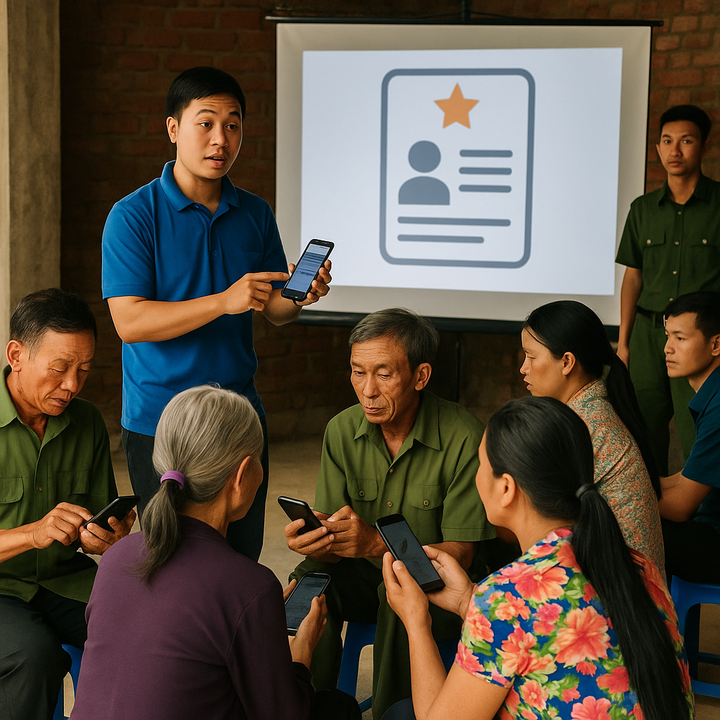
Popular digital literacy eliminates digital illiteracy for the people.
Classes that light up knowledge halfway up the mountain
At night, Ca Giang village (Trung Ly commune, Muong Lat district) is covered in thick fog. The red dirt road is only visible with small dots of light gradually gathering at the village cultural house. There, a special class – a “2 in 1” class – is taking place: eliminating illiteracy and eliminating numeracy.
Initially, the class was only intended to teach 32 students how to read and write. But when the border guards realized that many of them could not read and write but could “type on the phone” very quickly, the class was immediately integrated with the content of “eliminating digital illiteracy”. People came to class with their phones, which were once considered “valuable objects to show off”, but now became “new books” for them to study every night.
Major Ho Van Di – the “special teacher” of the class – has no teaching experience, but as the villagers say: “He teaches in an easy-to-understand way, is patient, and approachable.” He said: “Teaching letters first or numbers first is not really important. As long as the villagers are interested, as long as they find learning useful.”
Some people have shaky hands and are not yet proficient in reading, but can operate their phones fluently. Some people who previously did not dare to make video calls because they were "afraid of pressing the wrong button" now talk and laugh freely with their children and grandchildren who are far away from home. 78-year-old Vang Thi Dong called her daughter on Zalo for the first time when she got married in the lowlands. When her daughter's face appeared on the screen, she was so moved that she burst into tears: "Before, I just waited for her to call. Now I can call her too."
The laughter and “wows” whenever someone learned a new skill warmed the space of the cultural house amidst the border mist. No one distinguished between old and young, literate and illiterate; everyone learned and progressed together. The small class opened a wide door of knowledge, bringing people closer to the world outside the village.
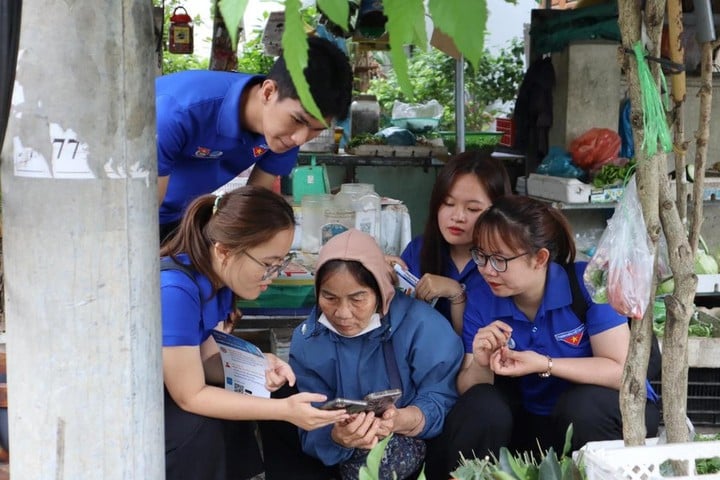
The good news is that people not only learn to use the phone, but have also begun to use technology in production, business, communication and access to public services.
Commune officials also "lecture": Digital transformation leaves no one out
The “digital literacy” movement is not just for the people. Since the 2-level local government model came into operation (July 1, 2025), the amount of online work has increased rapidly, forcing commune officials to “learn numbers” every day. There is no more carrying documents over the mountain to the district, no more “waiting for a stamp”, instead, documents are processed online, online meetings, digital signatures, and electronic documents are sent.
Mr. Pham Manh Hung, a cultural and social officer of Trung Ly commune, said: "Before, I was still confused when opening the computer. Now, I have to study and guide people at the same time. A 70-year-old man in Tao village even called to ask how to look up his grandchild's vaccination schedule, or how to delete a message sent by mistake. At those times, I feel like I have to try harder to not fall behind."
To date, Trung Ly commune has established 15 community digital technology teams in 15 villages. Each team is an important “link” in the technology connection network. Youth Union members, teachers in the villages, and police officers have become “technology tutors”, instructing people on how to install VNeID, register for vaccination, submit subsidy applications, and how to livestream to sell agricultural products.
In the villages of Kham, Tao, Ta Com… the evenings are no longer as quiet as before. Phones light up, people gather at the community center, laughing and swiping their screens. Scenes that seem to only happen in the city are now happening right in the border area.
When technology becomes the driving force for changing thinking and livelihoods
The good news is that people not only learn to use the phone, but have also begun to use technology in production, business, communication and access to public services.
Previously, the sale of brocade, dried bamboo shoots, and wild honey depended on traders. Now, the young people in the village know how to take photos, record videos, and post them on Facebook and Zalo to find customers. The selling price is therefore more stable, and the income is higher.
Acacia and cassava growers know how to look up market prices to avoid being forced to pay higher prices. Women in the village, thanks to learning numbers, are able to connect with customers in the lowlands. Families with children working far away or overseas now actively make video calls, keeping in touch more often, erasing the nostalgia and loneliness of the elderly in the village.
In particular, digital transformation contributes to changing thinking and working methods. If in the past, people were only used to small-scale, self-sufficient production, now thanks to access to new information, they understand more clearly about farming processes, consumer markets, and support policies, thereby boldly joining cooperatives or production groups.
In many villages, commune officials have set up Zalo work groups, Zalo agricultural production groups, and legal propaganda groups. Whenever there are weather warnings, vaccination schedules, seed distribution plans, or new procedural information, people can get it immediately, no longer being "out of sync" like before.
Sweat for silent change
Not all roads are paved with flowers. On rainy and windy nights, when the roads are slippery, the officers still bring their laptops to the village, plug them in to charge, and use flashlights to guide the people step by step. Some people hold their phones shaking, learning for a long time before remembering where to press to open the application. There are elderly people whose eyesight is poor, and the officers have to hold their hands and show them how to do each operation.
But it is also those moments that create great influence. The spirit of “not afraid of difficulties, only afraid of backwardness” becomes the motto of the cadres and people here. In difficult times, the light of knowledge and technology becomes warmer.
Mr. Tran Van Thang, Chairman of Trung Ly Commune People's Committee said: "Digital transformation is not the city's job. Mountain people must learn more to not fall behind. Every phone touch is an opportunity. An opportunity to sell goods, an opportunity to access public services, an opportunity to learn something new, an opportunity to change their lives."
The movement spreads – the future opens up from simple things
The “digital literacy” movement is not just about teaching people how to install applications or create electronic profiles. It is a journey to improve people’s knowledge, narrow the digital divide, and give people the tools to master their lives in the new era.
Classes in Ca Giang village, training sessions in Tao village, livestream nights selling dried bamboo shoots by local youths… are all small bricks that build the foundation of digital government and digital society in remote areas. Each village is a “small springboard” for people to step out of the vicious cycle of poverty.
When people know how to look up information, access markets, and use public services online, their lives are not only more convenient but also more transparent and efficient. Children benefit, the elderly are connected, people working far away miss their hometown less, and the whole village community becomes more connected.
Digital transformation, in the end, is not just a story of technology. It is a story of people, of the desire to learn, of the spirit of overcoming difficulties, of the desire to change the future. And the people of Thanh Hoa highlands are continuing to write that story, every day, with their clumsy fingers on the phone screen but full of determination.
Source: https://mst.gov.vn/lua-so-tu-nhung-ban-lang-bien-gioi-hanh-trinh-chuyen-minh-cua-dong-bao-vung-cao-thanh-hoa-197251113103330291.htm


![[Photo] Prime Minister Pham Minh Chinh meets with representatives of outstanding teachers](https://vphoto.vietnam.vn/thumb/1200x675/vietnam/resource/IMAGE/2025/11/15/1763215934276_dsc-0578-jpg.webp)



![[Photo] General Secretary To Lam receives Vice President of Luxshare-ICT Group (China)](https://vphoto.vietnam.vn/thumb/1200x675/vietnam/resource/IMAGE/2025/11/15/1763211137119_a1-bnd-7809-8939-jpg.webp)



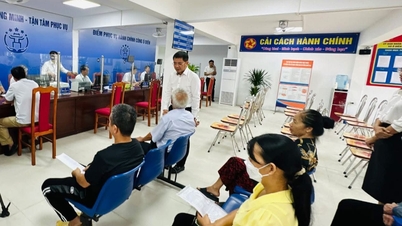
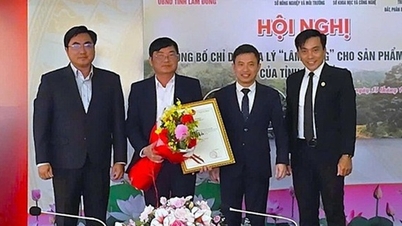











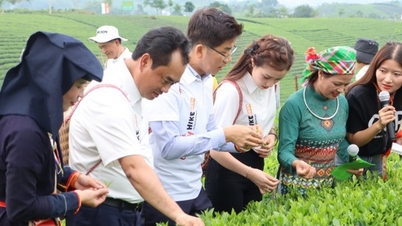

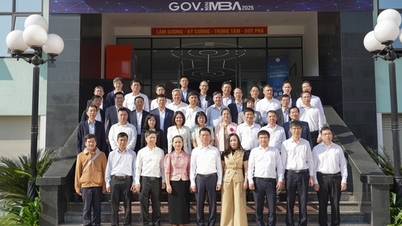















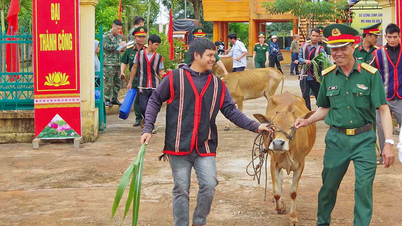






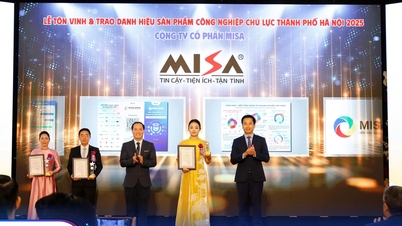




















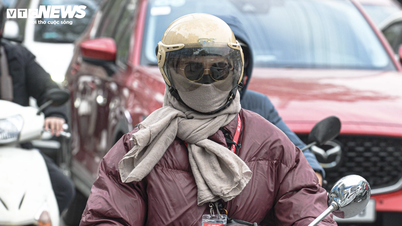


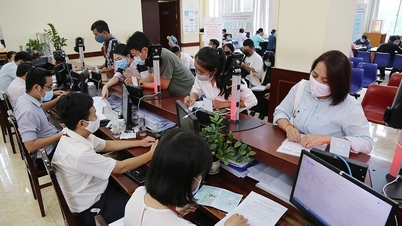
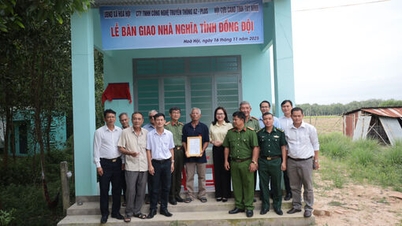

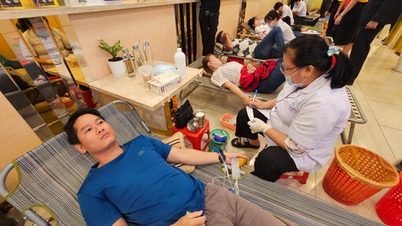

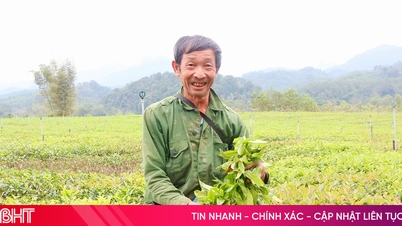



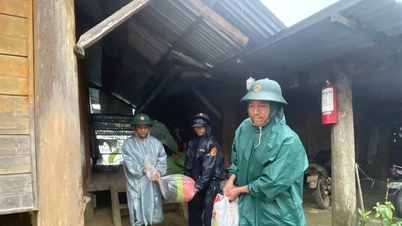














Comment (0)